When you envision your wedding day, the venue often sets the stage – literally. From breathtaking ballrooms to rustic barns, your chosen location provides the backdrop for your celebration. But what exactly are your venue’s responsibilities when it comes to the intricate dance of planning, and why do so many top-tier venues insist on a professional planner or coordinator being part of your team? Let’s demystify the roles and reveal why a planner is truly invaluable.
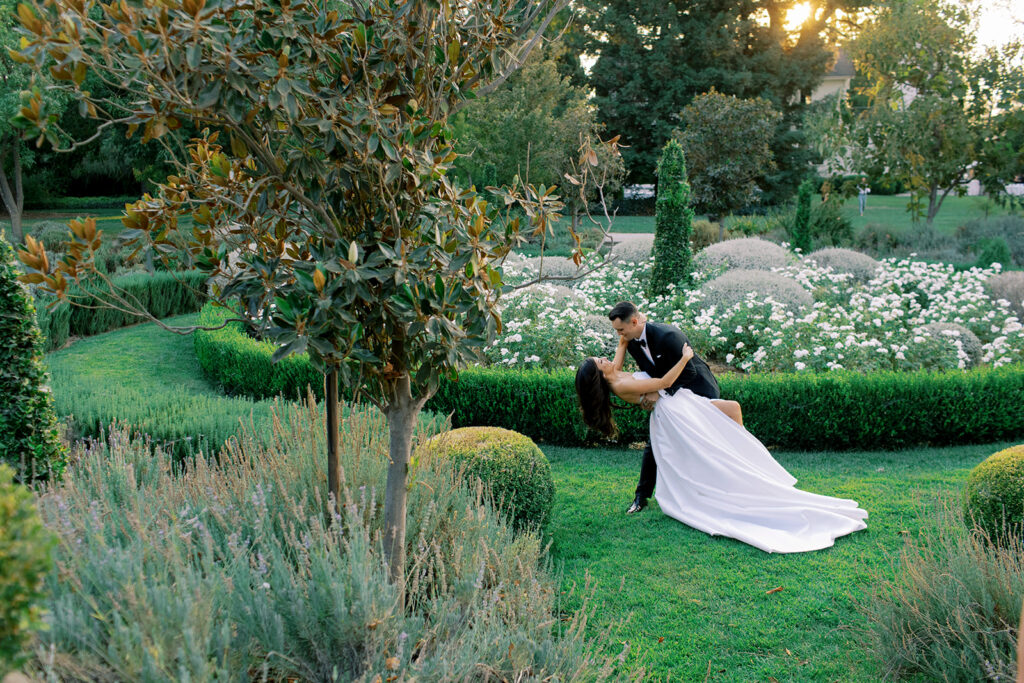
What Your Venue Provides (and What They Don’t)
Your venue is a vital partner, typically providing the space itself, and often handling in-house catering and bar services. They are responsible for setting up their own inventory – this includes their tables, chairs, and any other items they own and offer as part of your package. They are experts in their space and their in-house offerings.
However, it’s crucial to understand where their responsibilities typically end. Your venue is not responsible for:
- Outside Rentals: Any tables, chairs, specialty linens, lounge furniture, or decor you bring in from a third-party rental company are not the venue’s responsibility to set up. That task falls to the rental company’s delivery crew, and it’s the planner’s role to ensure that labor is requested and coordinated on your rental order.
- Personal Item Storage & Setup: While they provide the space, venues generally do not have the capacity or responsibility to store your personal decor items, DIY projects, guest favors, or even fresh flowers you might bring in before or after the event. Nor are they responsible for setting up these items.
- Placing Rental Orders: The venue manager is there to confirm what they provide, but placing orders for external rentals is either the client’s responsibility or, more commonly and efficiently, the planner’s. Without a planner, this significant task falls squarely on the couple’s shoulders.
This distinction is key. Your venue manager’s primary focus is on the venue itself, its operations, and its in-house services. They are not typically equipped, nor are they contracted, to manage the myriad of external vendors and intricate setup details that make up a complex wedding day.
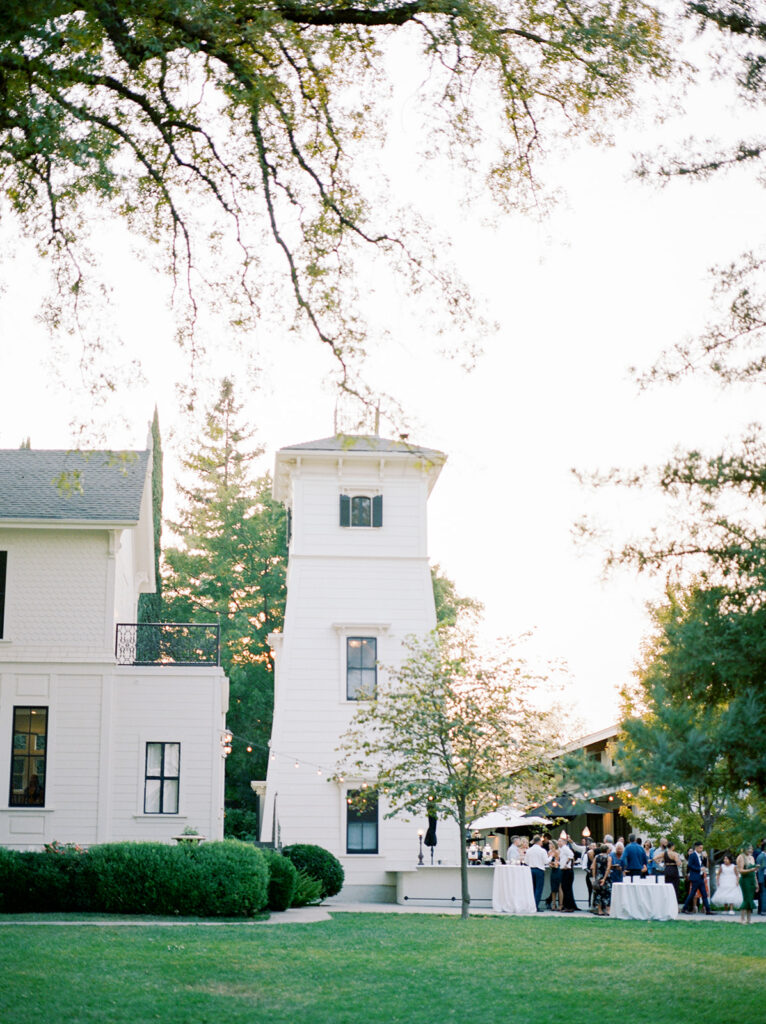

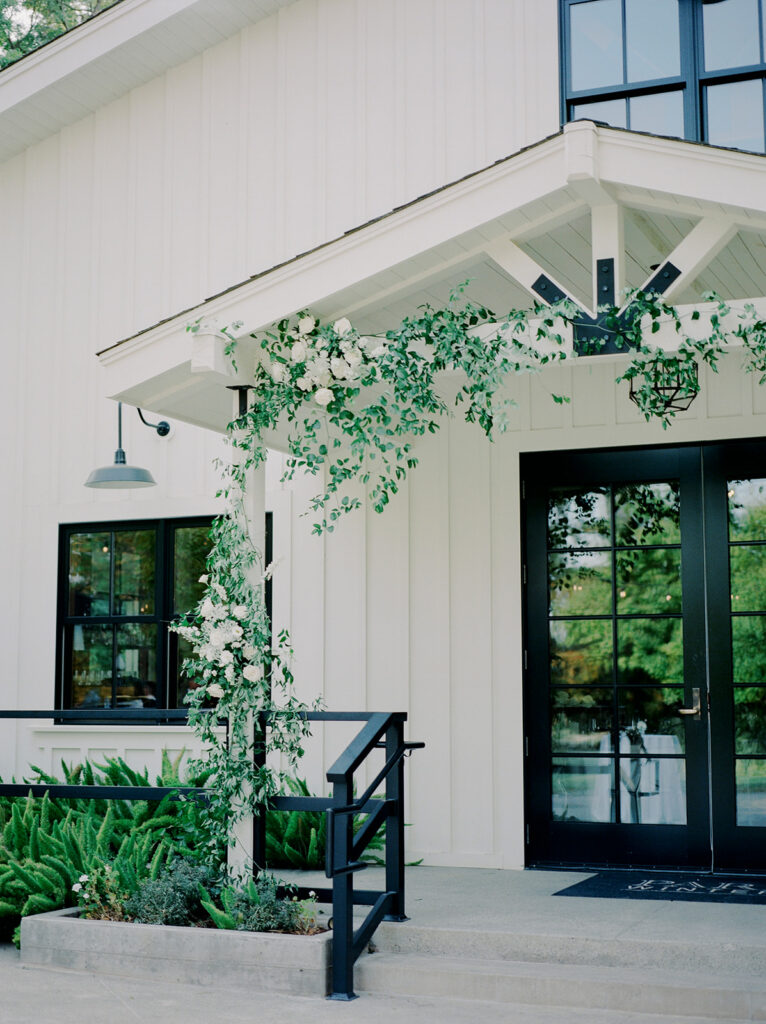
The “Red Flag” Test: Why a Professional Planner is Often Required
You might notice that many sought-after venues, especially those known for high-end or logistically complex events, require you to hire a professional wedding planner or at least a day-of coordinator. This isn’t just a suggestion; it’s often a non-negotiable term in their contract. And frankly, if a venue doesn’t require one, that should be a significant red flag for you as a client.
Here’s why this requirement exists and why it benefits everyone involved:
- Seamless Execution & Communication: A professional planner acts as the central hub for all communication. They hold pre-event meetings, create detailed timelines, and are the designated point person for all vendors on the event day. This means the venue manager isn’t fielding calls from florists, DJs, photographers, and caterers all at once. Communication is dialed in, efficient, and proactive.
- Expertise & Problem Solving: Weddings are complex, live events. Things will happen unexpectedly. A professional planner is experienced in anticipating issues, troubleshooting on the fly, and making quick, informed decisions to keep the day on track without burdening the couple or the venue staff.
- Vendor Harmony: Professional vendors, from caterers to photographers to florists, universally prefer working with a coordinator. Why? Because they know their questions will be answered promptly, the timeline will be accurate, and there will be a clear, professional point of contact for any needs or changes. This leads to smoother operations and ultimately, a better experience for everyone.
- Protecting the Venue (and You!): A licensed and insured professional planner understands the intricacies of event logistics, safety protocols, and vendor management. They ensure that all external vendors adhere to venue rules, minimizing risks and protecting both the venue and the couple from potential issues.
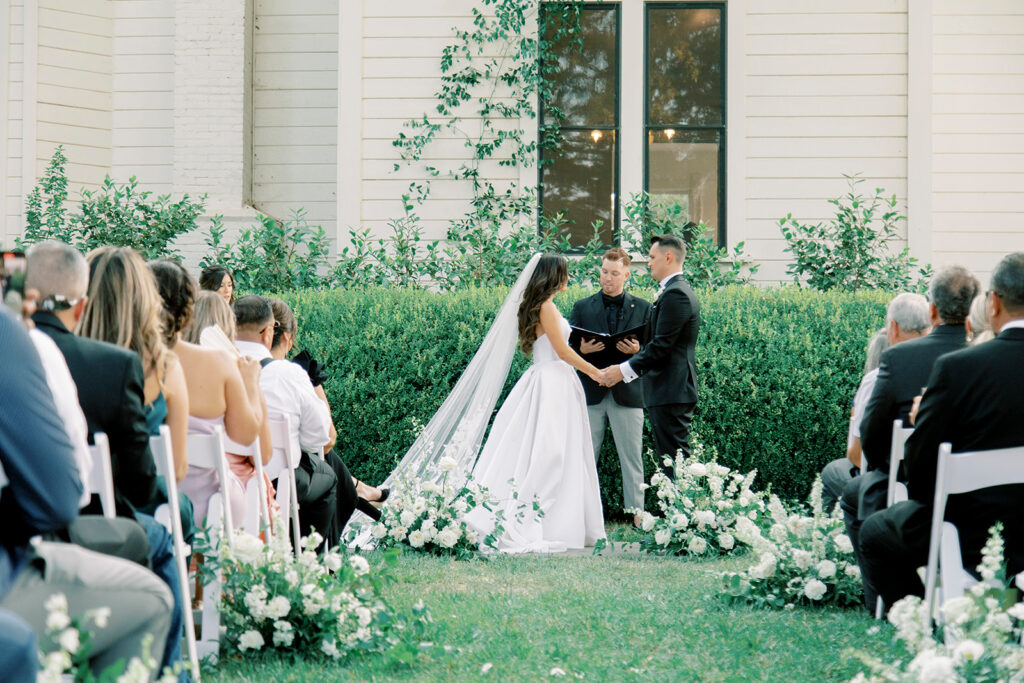
The Professional vs. The Well-Meaning Friend/Family Member
Sometimes couples consider asking a highly organized friend or family member to step in as their “coordinator.” While their love and willingness to help are invaluable, this is rarely a substitute for a professional.
- Lack of Objectivity & Experience: A friend or family member, no matter how organized, lacks the professional distance and experience to handle vendor disputes, unexpected crises, or manage a large team of professionals they don’t regularly work with. They are also emotionally invested in your day, which can make it harder to be the objective problem-solver needed.
- Licensing & Insurance: Professional planners carry liability insurance, which is crucial for protecting all parties involved in case of an unforeseen incident. A friend or family member will not have this.
- Vendor Relationships: As mentioned, professional vendors prefer working with other professionals. It can be awkward and, frankly, unprofessional for them to receive instructions or resolve issues with someone who isn’t a seasoned industry peer. This can lead to miscommunications and frustrations that ultimately impact your day.
- Enjoying the Day: Most importantly, your loved ones should be celebrating with you, not working. Hiring a professional allows your friends and family to relax, enjoy the festivities, and be present for your special moments.
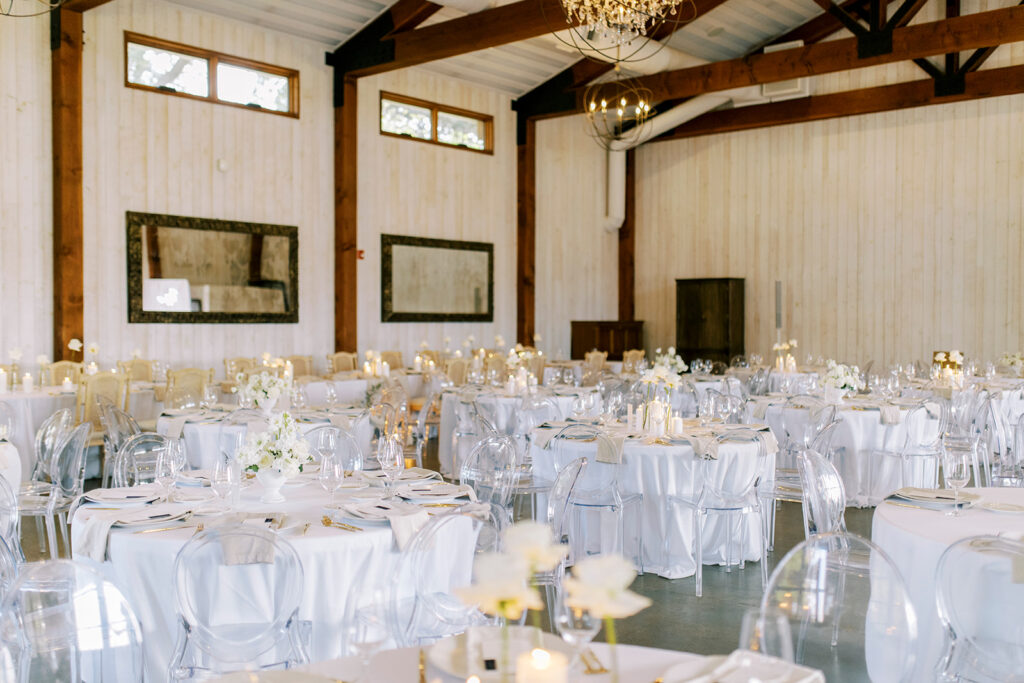
In essence, a professional wedding planner or coordinator is not just an expense; they are an investment in peace of mind, seamless execution, and the overall success of your wedding day. They are the unseen architects and conductors, ensuring that every element you’ve dreamed of comes to life flawlessly, allowing you to fully savor every moment of your celebration.